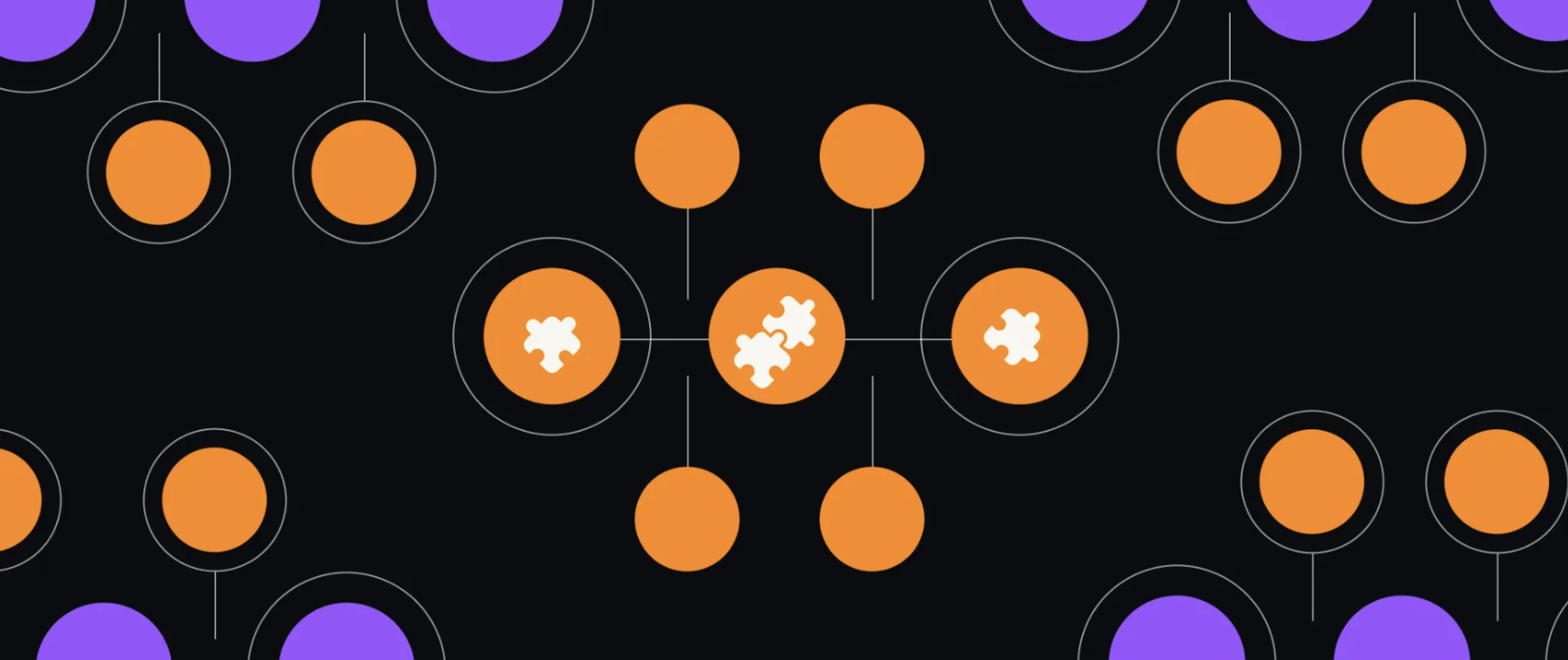


Innovation labs (traditionally popular within the fintech ecosystem), seem to be popping up everywhere these days. They’ve become pretty mainstream in industries like retail, finance, telecom and now…the food industry! But what is an innovation lab and how do they work? The best way to illustrate it is with an example. And boy do we have a great one for you!
This is the story of how Ayem was created, a quick-and-easy breakfast bowl with healthy ingredients for the heart and mind.
It all started when Danone (the french multinational food-products corporation) decided to create its own innovation lab known as The Manifesto Innovation Accelerator or M.I.A. for short.
Like most innovation labs, M.I.A. is a small business unit of intrapreneurs who create and accelerate new business ideas. They operate with a test & learn mindset that is typical of startups.
How did they come up with the concept for Ayem?
Essentially, products like Ayem are created based on consumer needs or “pain-points”. This means there is a lot of market research and testing going on behind the scenes. The intelligence gathered is then used to master-mind products that are unique and supply specific demands within the market.
After some initial research with London based consumers, the team at M.I.A. realized that there was a real gap in the market: People weren’t getting the protein they needed at breakfast time.
The test results were in: Not everyone has the time to make eggs or a smoothie before hopping on the tube for work in the morning. Consumers were looking for a quick and tasty breakfast solution that was healthy and would help keep their energy up until lunchtime.
That’s how AYEM was born as a UK startup (backed by Danone). It was launched as a ready to eat breakfast pot with a unique blend of:
- Whey protein to build muscle mass
- Omega 3 DHA to help with brain function
- Vitamin D for healthy bones
It was just what consumers needed, something quick and tasty with a little something to keep you healthy in both body and mind.

From Concept to Execution
The M.I.A. team operates using a specific framework where testing is always a central part of the strategy. They experiment with different game-plans and make constant product upgrades based on key findings.
The basic blueprint looks something like this:
- Pain-point recognition: where they identified the needs in the market
- Ideation and testing in terms of the product
- Ideation and testing in terms of development
- A year-long city-wide launch: to study the consumer response
In the case of Ayem, the team did a lot of great research on consumer preferences, production hiccups and new types of retailers.
“The idea is that we create products and ideas that we can bring back to Danone. Our goal is to make our products work, succeed and function like a startup.”
Siofra Oshea, Marketing Manager at M.I.A.
The intelligence gathered, was then shared and discussed at Danone headquarters, before the go-ahead was given to move on to the next stage.
What makes this model great?
For one thing, it helps reduce risk and save resources.
In the case of Ayem, the M.I.A. team tested their concepts and experimented with new ideas constantly. One of their more insightful initiatives was a 3-week mini-launch in London where the product was sold directly to consumers from a pop-up store.
The mini-launch was a success in terms of sales and it provided the team with over 3000 sampling conversations on what clients thought about the product.

The feedback was invaluable, igniting some significant improvements to Ayem’s target market and positioning. They even updated the formula to better suit the needs of the public.
Mini-launches and small scale testing are all part of the “test and learn” mentality that allows innovation labs like M.I.A. to stay quick and lean in terms of resourcing and budgeting.The strategy was very positively received at Danone, who in turn offered a great deal of support in terms of sales, marketing, regulatory food law and IT.
“We were hosted by the UK division and we got support from supply chain, finance, and sales. They’re amazing. They take time out of their day job to help us with what we’re doing”.
Siofra Oshea, Marketing Manager at M.I.A.
What’s next for M.I.A.?
After a very insightful year-long product launch in London, the M.I.A. team decided not to proceed with the next step for Ayem, which would have been a countrywide launch in the UK.
That’s what the test and learn mentality is all about. You do the work, test the results and if the solution is a no-go in the end, then it’s time to move on to other projects.
And moved on they have…

Their most recent Danone backed project is aimed at supplying the demand within the children’s allergies community. Their new Marty’s range includes products like chickpea popped chips and dairy-free frozen desserts.
Another healthy initiative by the M.I.A. team is Booj, a line of cold-pressed spirulina juice shots.
We just can’t wait to see what they come up with next!
Do you want to share your corporate startup story with the community, or do you have a question about intrapreneurship? Let’s talk!


.webp)







.svg)





